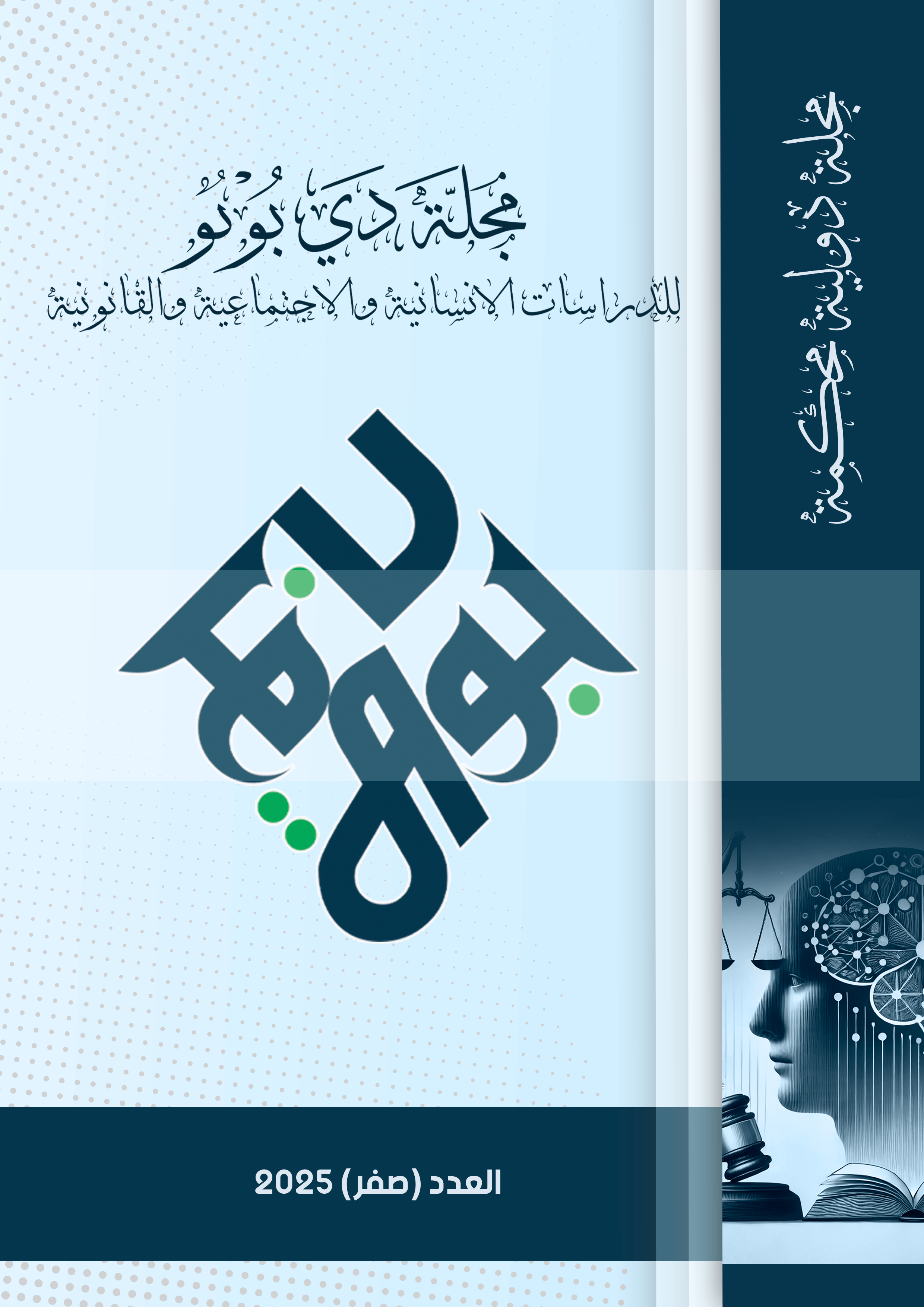Taha Hussein and His Civilizational Role in the Modern Era
Abstract
Taha Hussein stands as a towering figure in contemporary literature and a pioneer of humanism in modern Arabic thought. He was a distinguished literary figure who opened new global horizons for Arabic literature and fought with his pen, knowledge, and actions to uphold intellectual freedom in various aspects of life. He possessed a heart that beat for the marginalized, showing compassion for the deprived, and advocating for the dignity of humankind. His intellect encompassed various branches of global culture, and he was a strong advocate for liberation from the shackles of rigid traditions and outdated values, striving to provide knowledge and enlightenment to all people. As a literary critic, he established new principles of evaluation and introduced profound criteria for analyzing intellectual and literary works. His eloquence, clarity of expression, and musicality of style were mesmerizing. He supported the reform of Al-Azhar and its return to its golden days when it was a bastion of free thought. He opposed those who sought to limit education to classical Arabic heritage while rejecting European culture. Taha Hussein was a firm believer in supreme freedom; he stood against political oppression, defended the freedom and independence of universities, and advocated for press freedom and the right to express opinions. Despite facing great hardships for his stance, he remained steadfast and resilient. Taha Hussein was deeply aware of the widespread ignorance that plagued Egyptian society and believed it was a primary cause of its backwardness. He saw education as the path to progress and success, advocating for its expansion, unification, and free access for all social classes without restrictions. He elaborated on this vision in his significant book The Future of Culture in Egypt. He called for intellectual liberation, faith in innovation, and the adoption of modern methodologies in academic and literary work. In his book Memories of Abu Al-Alaa, he revolutionized literary studies by applying modern intellectual approaches to Arabic literary heritage.
Taha Hussein dedicated his entire life to serving Egypt and the Arabic language, which forms the foundation of Arab identity. He understood that, ultimately, humanity is a unified entity, and its happiness is achieved through freedom and progress. Undoubtedly, Taha Hussein played a vast and profound role in shaping modern Arab thought, influencing both Arabic literature and Islamic history. His civilizational contribution was rooted in his enlightened thinking, which positioned reason as the ultimate guide in all aspects of life. His groundbreaking efforts illuminated the path for future generations, a fact that will become evident to readers as they delve deeper into this research.
Downloads

Downloads
Published
How to Cite
Issue
Section
License
Copyright (c) 2025 DeBono International Journal

This work is licensed under a Creative Commons Attribution-NonCommercial-NoDerivatives 4.0 International License.



